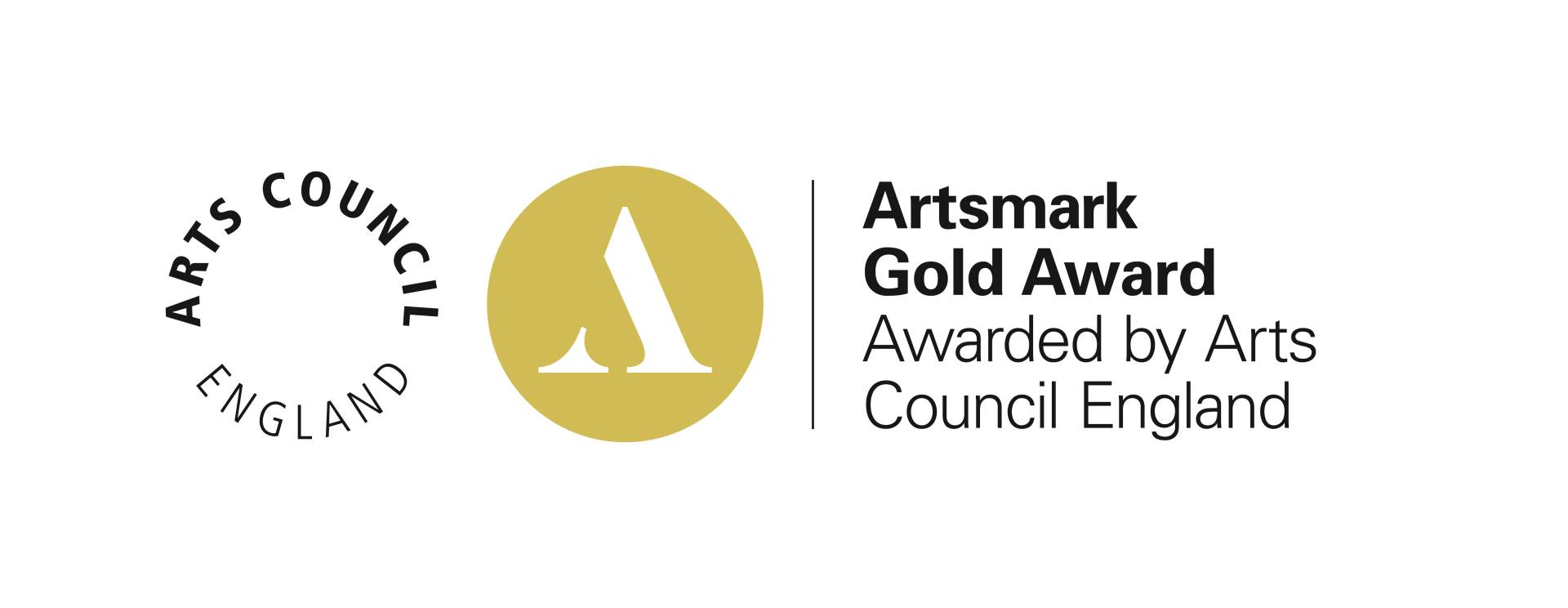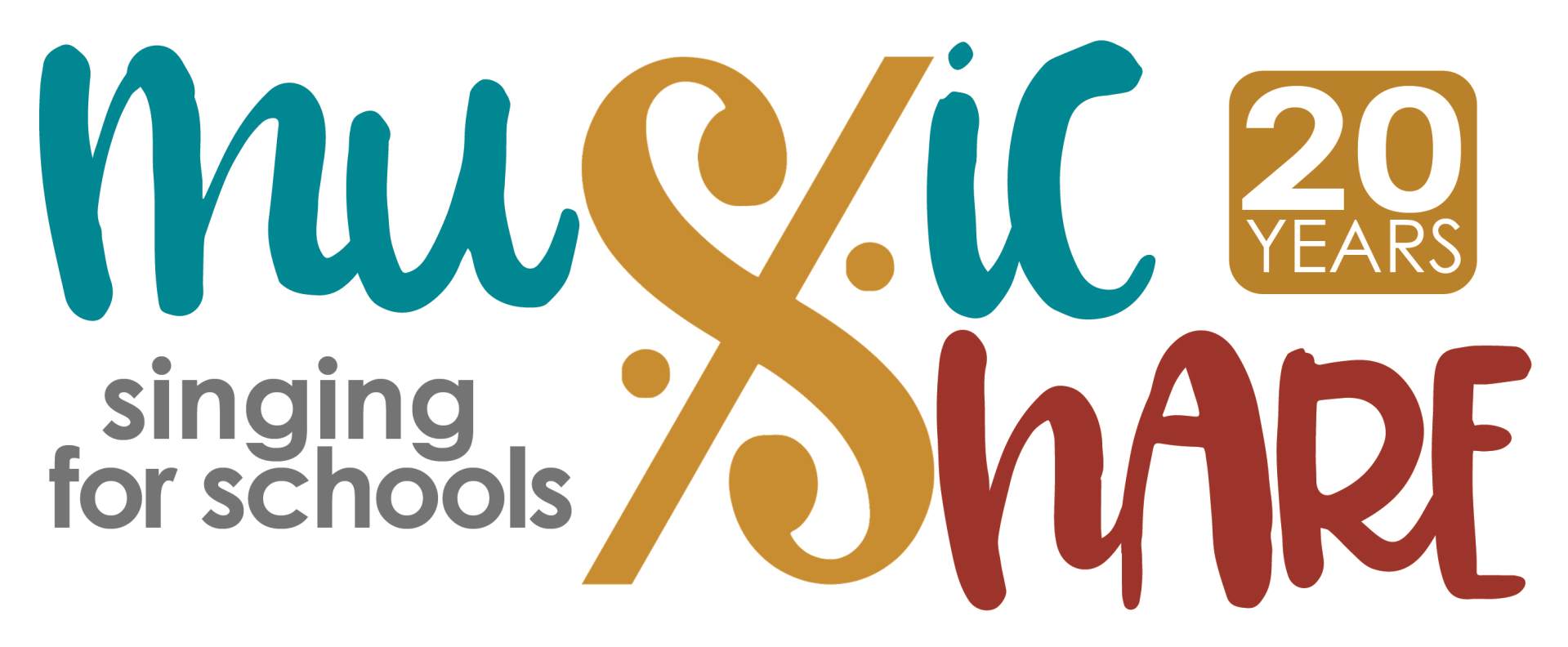Why friends matter
It is possible that there is nothing more important to a child than their friends. I recently read an article that summed it up rather neatly. I would like to share some sections here:
Childhood friendship is laughter, play, discovery. It is a vivid, wild, creative world apart from dreary grown-ups. As children become adolescents, friendship helps them to navigate and anchor their changing selves.
Friendship is everything and childhood is when we learn how to do it, that knowledge the raft that carries us through life. As long as there are friends, all other difficulties and disappointments can be endured. Indeed, the ability to make friends improves a child’s (and then an adult’s) emotional development, their academic performance, their mental and physical health. An analysis by Julianne Holt-Lunstad, a professor of psychology and neuroscience, concluded that loneliness can be as harmful as smoking 15 cigarettes a day.
But what if your child is finding friendship hard? What if they are not “good” at it?
The first thing to know is that the gift of friendship is not necessarily innate or instinctive; it can be learnt. Friendship is connected to something called theory of mind understanding. “The ability to recognise that how we behave, and how other people behave, is rooted in what we and they think about the world, rather than what the world is,” says Claire Hughes, a psychology professor at the University of Cambridge and deputy director of the Centre for Family Research. Deaf children born to hearing parents take longer to acquire theory of mind understanding. “It is about that rich communication,” Hughes says. “If your parent isn’t a fluent signer and you can’t hear, then all you can talk about are the things that are literal and concrete, whereas you need conversations about what is going on behind the scenes.”
There are ways to develop theory of mind. Reading picture books can help, particularly those such as Moomin and the Birthday Button, in which Moomin feels sad because he thinks everyone has forgotten his birthday, but by the end realises he has misunderstood his friends’ actions and they were in fact planning a surprise party. Reading these again and again will help fix these ideas.
The book Friends Forever: How Parents Can Help Their Kids Make and Keep Good Friends by Fred Frankel offers practical advice while being based in scientific research. The simple fact is, you don’t have to be popular to have good friends; popularity and likeability are not the same thing. “There are plenty of children who are not popular and are not interested in being popular,” Hughes says. “They have one or two friends and that is all they need.”
We do a lot of work in school to discuss and explore what good friendship looks and feels like. We also help pupils to learn how to resolve conflicts when they arise. All these things are life skills that are addressed day in and day out in school. So, I hope with the holidays coming up you are all able to find plenty of time with family and friends.
Inservi Deo et laetare














